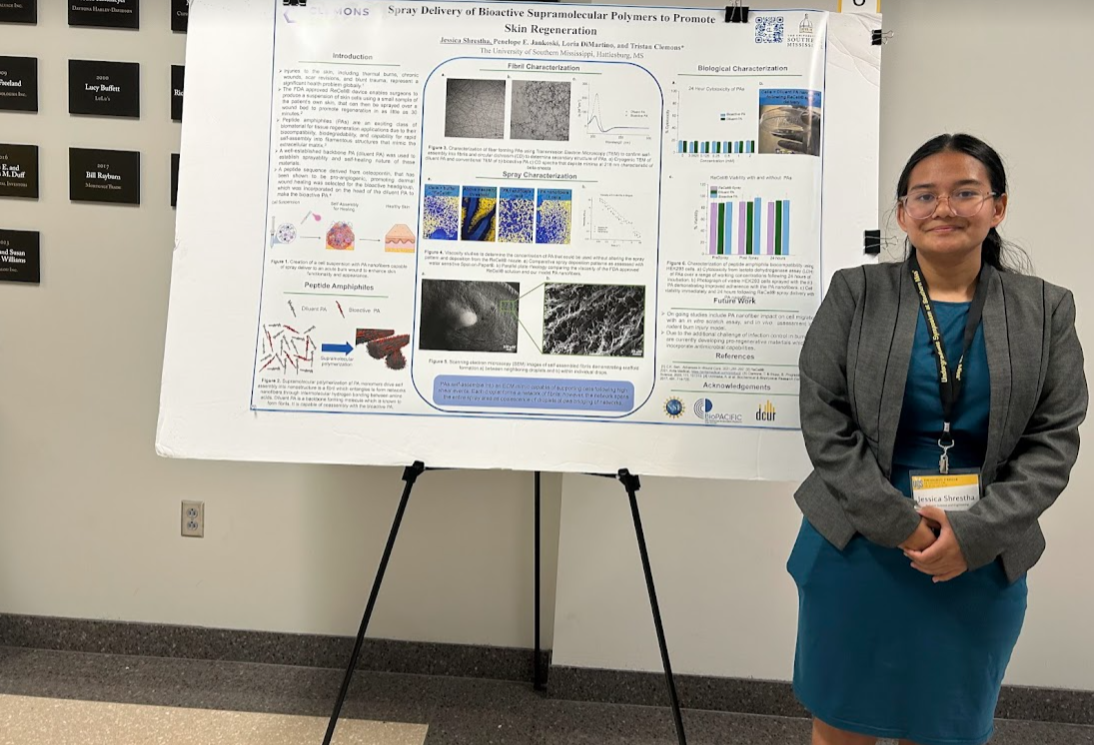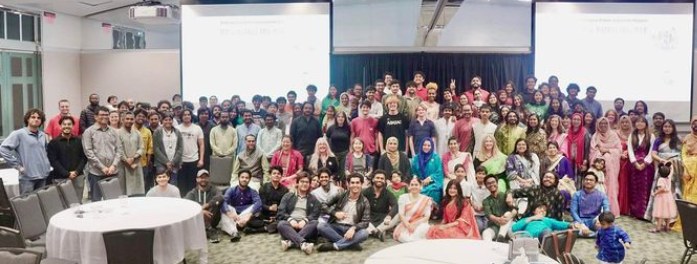The stereotypical undergraduate is between the ages of 18 and 21, lives on campus and is actively involved in campus activities. This is usually the picture that comes to mind when you think of a “college undergrad.” However, in almost every general curriculum class, there are one or two students who do not fit the bill. They look a little more refined and attentive, and maybe they are considerably older. These people are not teacher assistants or professors but are undergraduates just like everyone else in the classroom.
They represent an underrepresented non- traditional demographic that exists in colleges everywhere.
Heather Richard, a 26-year- old senior, described the social implications of being a non- traditional undergraduate.
“Our social lives are completely different from conventional students,” Richard said. “I don’t think I have ever seen frat row. Typically, you will see unconventional undergrads building friendships with other people their age, because those are the only students they can relate to.”
Richard also explained the issue with being friends with younger students.
“Me and friends my age can leave to go to a bar, and I have had friends under twenty-one that I’ve had to leave behind,” she said.
Chris Dumal, also 26 and a senior, addressed the age-conflict in terms of life on-campus.
“Professors teach lower-level classes as if you are 18 and fresh out of high school,” Dumal said. “Often, conventional students will come to me for counsel because I already have the life experience they are learning now.”
He also pointed out that the relationship he tends to have with professors is more laid back because it is easier to find common ground.
“Younger students still have the idea that if they do something wrong, they will be sent to detention,” Dumal said.
Students who wait to go back to college have certain advantages. By the time they choose to finish their education, many have completed their basic curriculum at a junior college. Also, the time off allows for these people to become adults, learn discipline and gain a level of maturity that might be lacking in students fresh out of high school.
Many of the non-traditional students at The University of Southern Mississippi have personally experienced that lack of maturity, which is what led them to taking time off. The respect and appreciation these students have for their education is genuine.
Julia Sieben is a 54-year- old undergraduate at Southern Miss double majoring in political science and history. She is also involved in the Honors College. Julie put a hold on her education after becoming a single parent and transitioning into a lifestyle in which making a living and raising a family were the ultimate priorities. She has since supported her son through college and has finally made it back to fulfill her academic goals.
“I have the dedication and tunnel vision that is needed for studying. Students like me don’t have someone paying our bill. We are investing in ourselves rather than our parents investing in us, so we hold ourselves accountable, and I feel like the professors expect more from me.” – Sieben
Sieben has felt unwelcome by typical undergrads because of her high academic performance.
“It’s bad when I go to a class and the teacher says, ‘There is no curve because Julia made a 100 on the exam,’” Sieben said. “Students don’t want to be in class with me after that because I ruined the curve. Why would you expect a curve? Why wouldn’t you just do the work to make the grade? I have seen a few students who demonize me because I try so hard.”
She desires to bring respect to the university with her hard work. “When I don’t apply myself, then I do not live up to the quality of my instruction, and I don’t blame the professor,” she said. “I blame myself.”
Sieben is passionate about promoting honor societies, student organizations and scholarships that aid non- traditional students. She desires to leave a legacy at USM by starting a chapter for the Non- Trad Student Organization by the end of the year.
At the moment, the only university in Mississippi that offers these types of opportunities is Mississippi State.
“Unfortunately, because this school does not subscribe to non- traditional, they are losing a lot of good transfer students, higher GPA levels and lower quit rates,” Sieben said. “Young parents, single parents and veterans are generally not approached. They miss out on scholarship opportunities because they can’t be full time. They are not applicable for general government educational programs.”
She plans to work a career focused on education reform after graduation.
Unconventional undergraduates’ life experiences allow them to contribute meaningfully to the classroom and offer mentorship to younger students experiencing personal problems or academic struggle. This community, though it is inherently separated from the majority of students, plays an important role in the cultural environment of USM.




































